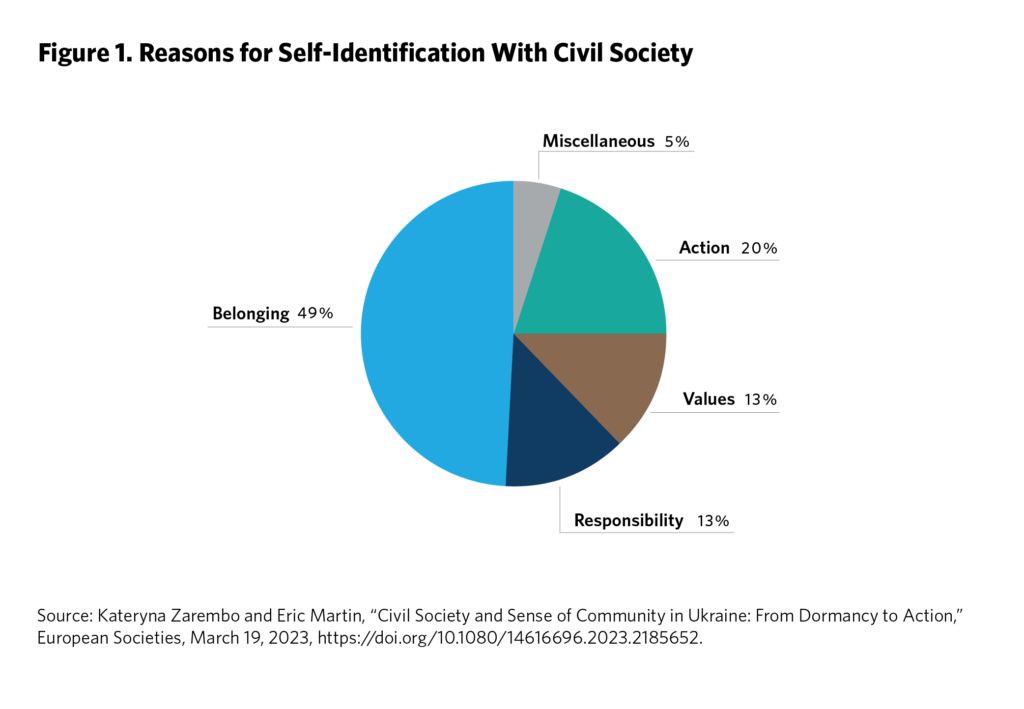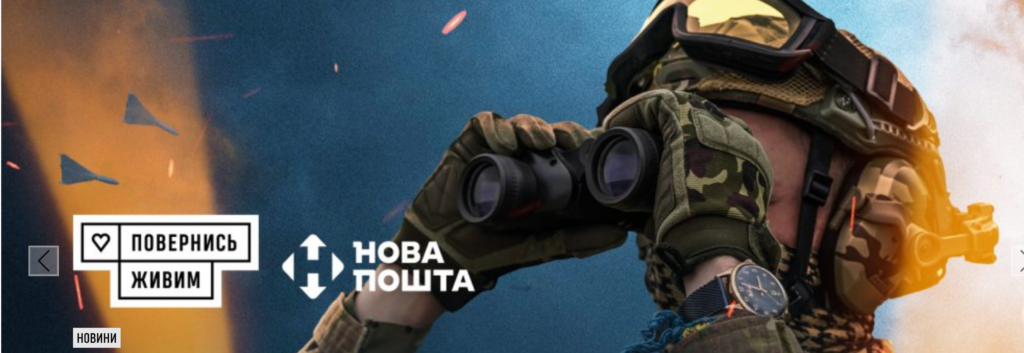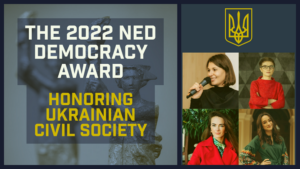Should Russia fragment, it would be geostrategically transformative, midwifing a structural great-power realignment on a scale the likes of which the world has not seen for three centuries. It would create a true Chinese “empire of the middle” whose combined power would eclipse what the United States and its democratic allies could bring to bear, he writes for the Atlantic Council.
But Ukraine’s victory would show that the West has the staying power to defend the existing international order, Michta adds. It would also be transformative for Eastern Europe, with the example of a rebuilt and democratic Ukraine possibly pulling Belarus out of Russia’s orbit.
 For over a year now, since Russia’s full-scale invasion, Ukrainian society has been defying geopolitics. The country’s resistance and resilience speak to the collective power of individuals, notes Kateryna Zarembo, a lecturer at the National University of Kyiv-Mohyla Academy and an associate fellow at the New Europe Center in Kyiv.
For over a year now, since Russia’s full-scale invasion, Ukrainian society has been defying geopolitics. The country’s resistance and resilience speak to the collective power of individuals, notes Kateryna Zarembo, a lecturer at the National University of Kyiv-Mohyla Academy and an associate fellow at the New Europe Center in Kyiv.
As international relations theorist Ken Booth wrote, “As individuals we do not have much power, but in our own lives we can do something, however little. Little should not be belittled. Something is better than nothing.” This wisdom is echoed in one of the mottoes of Ukraine’s 2013–2014 Euromaidan protest movement: “I’m a drop in the ocean”—meaning that the efforts of one individual are never enough but that each individual’s efforts are vital for achieving a common goal, she writes for the Carnegie Endowment:
The existential threat of the ongoing war motivated as many as 80 percent of Ukrainians to engage in civil resistance as of April 2022, in addition to the 3 percent who joined the army….. Come Back Alive (below), one of the oldest and most reputable volunteer organizations in Ukraine, raised funds and procured over 600 armored vehicles, more than 6,000 thermal imaging cameras, and over 5,500 drones, while hundreds of other informal and unregistered groups have engaged in similar activities. After Russia shelled forty Ukrainian cities on October 10, 2022, volunteer foundations raised $5.6 million in just twelve hours.
 While Ukraine’s military response to Russia’s invasion has been more hardy than anticipated, what’s most striking is the civil society response in a variety of ways in the middle of the conflict, said Samantha Custer, AidData Director of Policy Analysis.
While Ukraine’s military response to Russia’s invasion has been more hardy than anticipated, what’s most striking is the civil society response in a variety of ways in the middle of the conflict, said Samantha Custer, AidData Director of Policy Analysis.
“Civil society actors are providing emergency and relief support, evacuating villages; they’re routing medical and food supplies to those in need, they’re providing intelligence-gathering and logistical support for the military,” she told William and Mary News. “My sense is that a lot of that was motivated by this feeling of, ‘Hey we’re under attack. We need to join forces and rally to protect our country.’ I don’t know that Russia anticipated the strength of that reaction,” Custer said.
Taiwan has donated five million dollars towards Lithuanian-led reconstructions projects in Ukraine, a Lithuanian government investment agency said on Wednesday. The funds will be spent towards rebuilding a school in Borodianka and a kindergarden in Irpin, Reuters reports.
“Taiwan sees Ukraine as our own image in a different continent. We both face authoritarian regimes which do not shy from using force to impose its world view”, Taiwanese Deputy Minister of Foreign Affairs Roy Chun Lee said introducing the donation in Vilnius.
“If one day Taiwan is facing an increased level of military intimidation from China, we will be looking for your assistance as well, just as we are helping Ukraine”, he added.
 Contrary to the measures typically used in academia, which evaluate the strength of civil society on the basis of membership in organizations or protest potential, active Ukrainians define their civil society engagement through four main components, Zarembo observes:
Contrary to the measures typically used in academia, which evaluate the strength of civil society on the basis of membership in organizations or protest potential, active Ukrainians define their civil society engagement through four main components, Zarembo observes:
- common actions (defined as participation, impact, interaction, and donations)
- values (common views, a sense of being united, and awareness)
- responsibilities (duty, care, influence, and a desire to effect change)
- belonging (membership in society or an organization, nationality, and citizenship).
Some fear that Ukrainian society needs to stand up for democracy before concentrating on postwar reconstruction, she adds.
February 24, 2022 was not the beginning of conflict between Russia and Ukraine, adds CEPA (above). For decades, Ukraine has been in a constant battle with Russia to gain – and maintain – its independence. How has the Russo-Ukrainian relationship shaped the current war and how will it affect the future? What are the prerequisites for long-lasting peace in the region? Ukrainian journalist and historian Visegrad Insight’s Vitaliy Portnikov and CEPA’s Elena Davlikanova discuss the past, present, and future of Ukraine and Russia’s fraught relationship.
#Ukraine‘s victory would be transformative for Eastern Europe, with the example of a rebuilt and democratic Ukraine possibly pulling #Belarus out of #Russia’s orbit, @andrewmichta writes for @AtlanticCouncil. https://t.co/uMpfKBbtcy
— Democracy Digest (@demdigest) June 1, 2023







